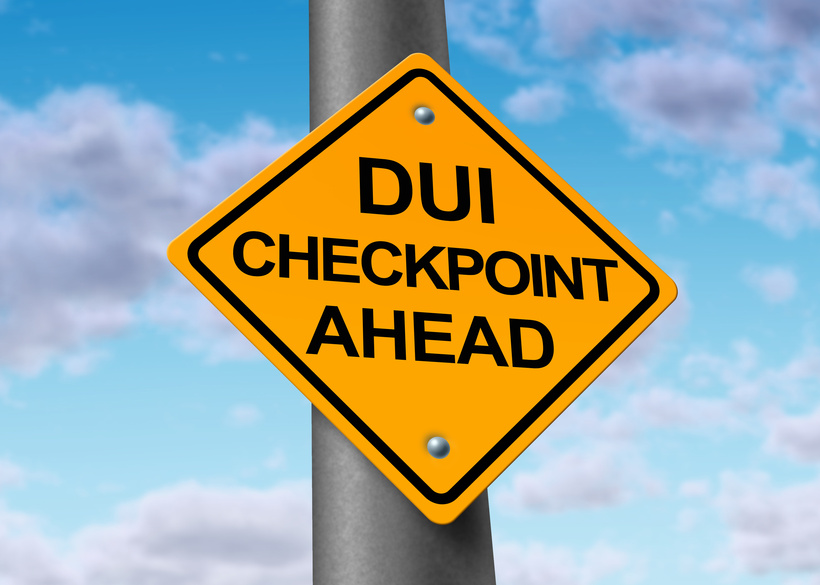Are Checkpoints Unconstitutional In The US?
Did you know only 39 states allow checkpoints? If you are luck enough to live in: Idaho, Alaska, Iowa, Rhode Island, Wyoming or six of the states that prohibit roadblocks, police officers’ checkpoints aren’t a problem or concern. This is why drivers need not worry about checkpoints. But, are checkpoints unconstitutional?
In a 1990 decision, Supreme Court judges ruled that checkpoints (especially DUI ones) did not violate driver’s rights. However, a later court case in Michigan challenged the Supreme Court’s decision. The Supreme Court judges decided each state was able to make their own rules on the matter.
Does this mean a driver or shouldn’t stop at a checkpoint? According to the American Civil Liberties Union, no one must answer questions at a border checkpoint. There are four checkpoints which make drivers nervous: DUI checkpoints, U.S. border checkpoints, TSA checkpoints, and drug checkpoints. Still, the best way to deal with a checkpoint is to remember every driver has rights.
Five things to remember at sobriety, drug, border, TSA Checkpoints
- Be ready – Have your documents ready. By having your documents ready, this will keep you from having to fumble for your license and give police officers less of a reason to arrest you with probable cause. At a DUI checkpoint, drivers need their license to show officers.
- Admit nothing – At any checkpoint, you do not have to admit guilt. You do not have to answer police officers’ questions at a DUI or DWI checkpoint. You do not even need to submit to questions, even if the officers have drug dogs present. Since the Supreme Court ruling Illinois vs. Caballes, the police have less leeway in using drug sniffing dogs at roadblocks.You do not have to waive your rights simply because drug sniffing dogs are present at a DUI roadblock.
- Say nothing – You may have to give the border patrol agents your laptop, but you do not have to give them your password. Border patrol agents are permitted to search your belongings without probable cause. However, they cannot do a more thorough forensic search unless they have reasonable suspicion that you are hiding contraband. You do not have to answer their questions.
- Be brief – TSA checkpoints are legal and screeners do have the right to search passengers belongings. You can refuse a search, but it likely would make you look guilty and could get you arrested. The best way to get through a TSA checkpoint is to not answer any questions, but allow a search. Saying as little as possible is one way not to incriminate yourself.
- Drive on – Is there a sign announcing a drug checkpoint ahead? You do not have to stop. Drive on by. You are under no obligation to stop. As long as you aren’t speeding, police officers cannot arrest you or any other driver simply because no one stopped. In the midwest, officers have put up their signs right before rest stops. There is no need to panic. It may be a good idea though not to pull into the rest stop unless you do not mind being surrounded by drug sniffing dogs.
Sometimes at checkpoints, drivers may pay more attention the the action on the side of the road than watching what is front of them. Their actions may increase the chances of causing an accident. Distracted drivers can cause accidents. But if you know how to anticipate another driver’s actions, you may be able to avoid an accident. Knowing how to anticipate and swear out of the way of a stopped driver’s path may save your life and your vehicle from needing repair work and this is why it is a good idea to take a defensive driving course. It may save you from making a mistake that could be fatal.

 Live Chat
Live Chat






